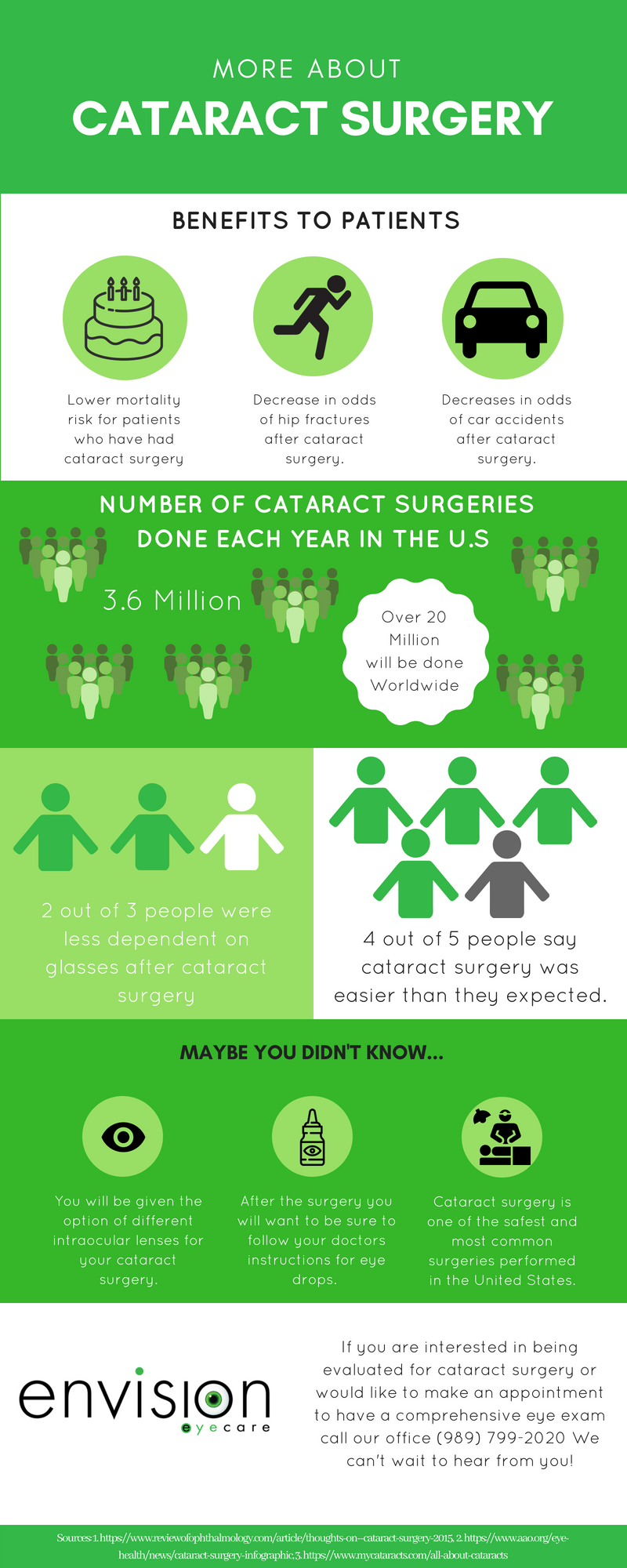Is SMILE Eye Surgery A Great Suitable For You? Crucial Insights And Elements To Assess
Is SMILE Eye Surgery A Great Suitable For You? Crucial Insights And Elements To Assess
Blog Article
Web Content Create By-Frederiksen Reece
If you're contemplating SMILE eye surgical procedure, ponder this: are you prepared to accept prospective aesthetic freedom, or does the thought of any kind of dangers make you be reluctant? Your decision will rest on a mindful balance of evaluating the benefits against the unpredictabilities. It's essential to delve much deeper into the nuances of SMILE surgical treatment to make an enlightened option that lines up with your visual goals.
Recognizing SMILE Eye Surgical Procedure
When considering SMILE Eye Surgical procedure, it is very important to comprehend the procedure and its benefits. SMILE, which represents Tiny Cut Lenticule Removal, is a minimally intrusive laser eye surgical treatment that remedies usual vision issues like myopia (nearsightedness).
During the procedure, your eye doctor will certainly make use of a femtosecond laser to create a little laceration in your cornea. With this cut, a tiny disc of cells called a lenticule is gotten rid of, reshaping the cornea and fixing your vision.
Among the essential advantages of SMILE Eye Surgical procedure is its quick healing time. Many clients experience boosted vision within a day or more after the procedure, with minimal pain.
In addition, SMILE is understood for its high success rate in offering long-term vision adjustment. Unlike LASIK, SMILE doesn't call for the creation of a flap in the cornea, lowering the danger of problems and enabling an extra stable corneal framework post-surgery.
Comprehending the procedure and its advantages is critical when taking into consideration SMILE Eye Surgical treatment for vision adjustment.
Pros and Cons of SMILE
Taking Into Consideration SMILE Eye Surgical procedure for vision correction comes with numerous benefits and possible downsides.
Among the major pros of SMILE is its minimally invasive nature, as it entails a small cut and generally results in quick recuperation times. The procedure is also known for creating very little discomfort and completely dry eye signs and symptoms post-surgery compared to other vision modification approaches. In addition, SMILE has been shown to give outstanding visual results, with numerous patients achieving 20/20 vision or much better.
On the other hand, a possible disadvantage of SMILE is that it might not be suitable for individuals with extreme refractive errors, as the treatment variety is rather restricted compared to LASIK. https://howtoopenabottleofchampag09753.ambien-blog.com/35460912/the-horizon-of-vision-correction-exploring-the-advancements-of-smile-eye-surgery is that the learning contour for specialists executing SMILE can influence the schedule of knowledgeable carriers in certain areas.
It is very important to weigh these pros and cons thoroughly when deciding if SMILE is the appropriate option for your vision correction requirements.
Establishing Eligibility for SMILE
To determine if you're eligible for SMILE eye surgery, your eye doctor will certainly carry out a thorough analysis of your eye health and vision requirements. Throughout this examination, elements such as the security of your vision prescription, the density of your cornea, and the overall wellness of your eyes will be assessed.
Normally, visit this website for SMILE more than 22 years of ages, have a secure vision prescription for at least a year, and have healthy corneas without conditions like keratoconus.
Your eye doctor will certainly additionally consider your total eye health, any type of existing eye conditions, and your lifestyle requires to identify if SMILE is the appropriate choice for you. It's essential to connect any particular aesthetic demands or problems you might have during this assessment to make certain that the therapy aligns with your assumptions.
If cataract surgery after effects for SMILE, your ophthalmologist might recommend different vision improvement alternatives that much better match your individual needs and eye health and wellness condition.
Final thought
Inevitably, making a decision whether SMILE eye surgical procedure is right for you calls for careful factor to consider of your private eye wellness and visual needs. Seek advice from your optometrist to determine your eligibility for the treatment and weigh the possible advantages and downsides. Remember to communicate any worries or concerns you may have during the assessment process to make an informed choice regarding your vision improvement alternatives.
